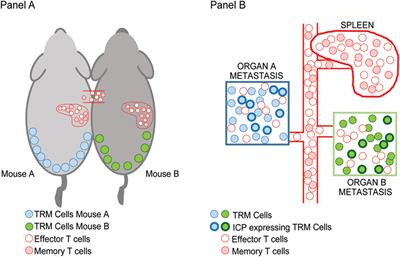EDITORIAL
Published on 27 May 2019
Editorial: Tissue Resident Memory T Cells
doi 10.3389/fimmu.2019.01018
- 18,635 views
- 24 citations
57k
Total downloads
188k
Total views and downloads
EDITORIAL
Published on 27 May 2019
ORIGINAL RESEARCH
Published on 16 Nov 2018
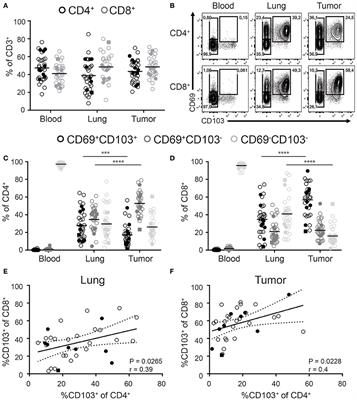
REVIEW
Published on 21 Sep 2018
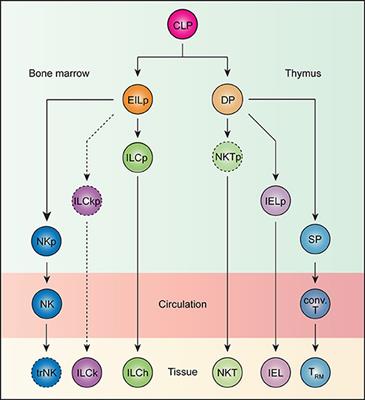
MINI REVIEW
Published on 11 Sep 2018
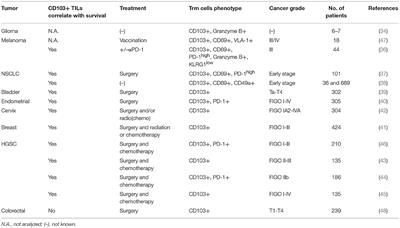
REVIEW
Published on 15 Aug 2018
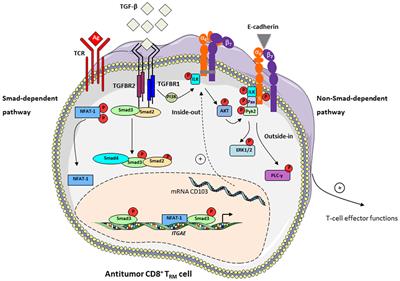
ORIGINAL RESEARCH
Published on 14 Aug 2018
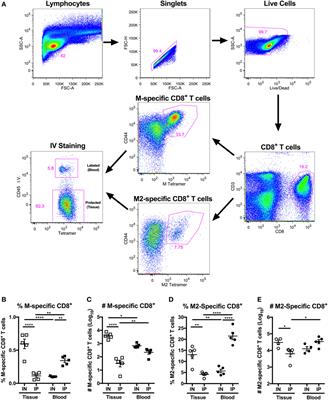
MINI REVIEW
Published on 10 Aug 2018
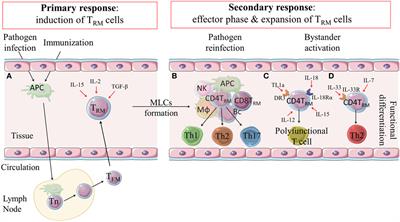
REVIEW
Published on 31 Jul 2018
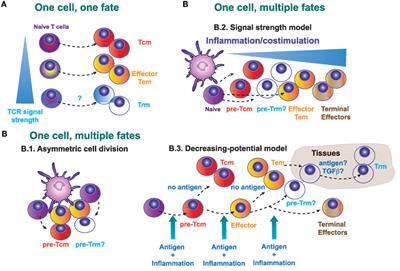
REVIEW
Published on 30 Jul 2018
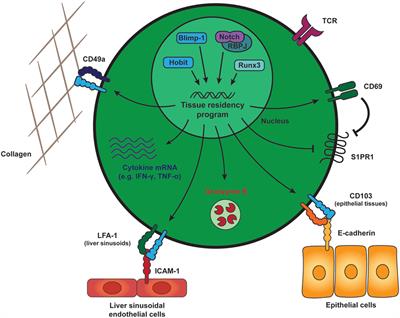
MINI REVIEW
Published on 27 Jul 2018
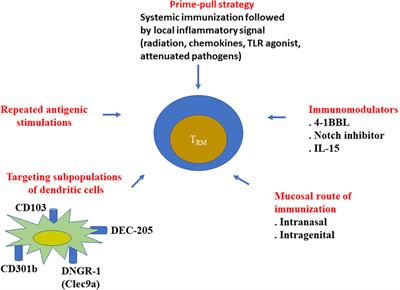
MINI REVIEW
Published on 26 Jul 2018
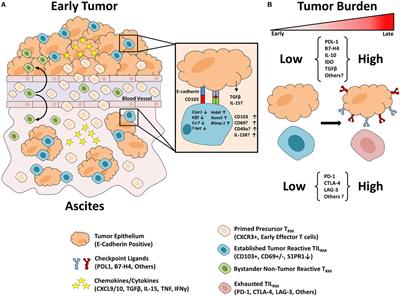
MINI REVIEW
Published on 16 Jul 2018
